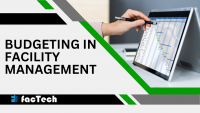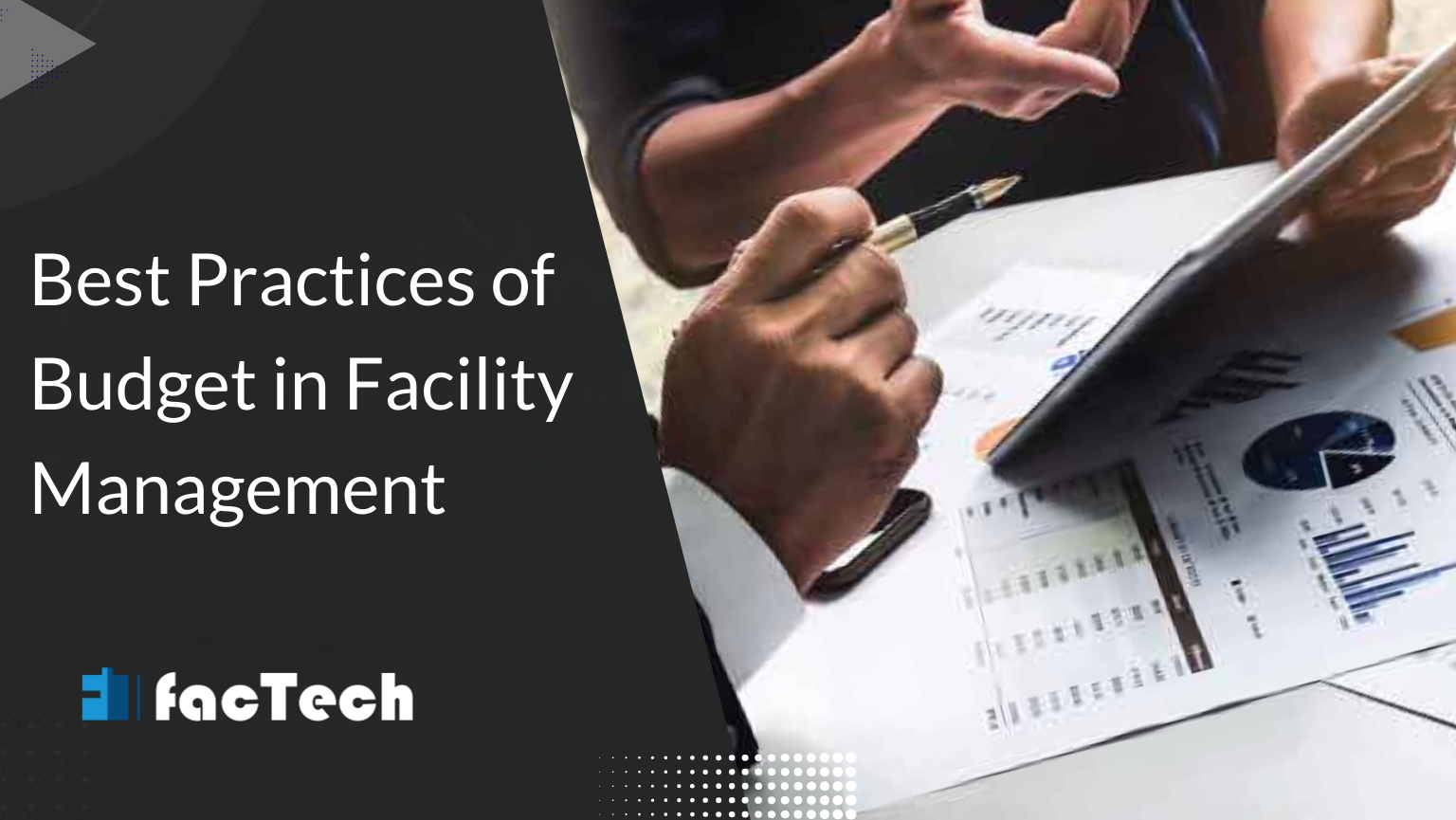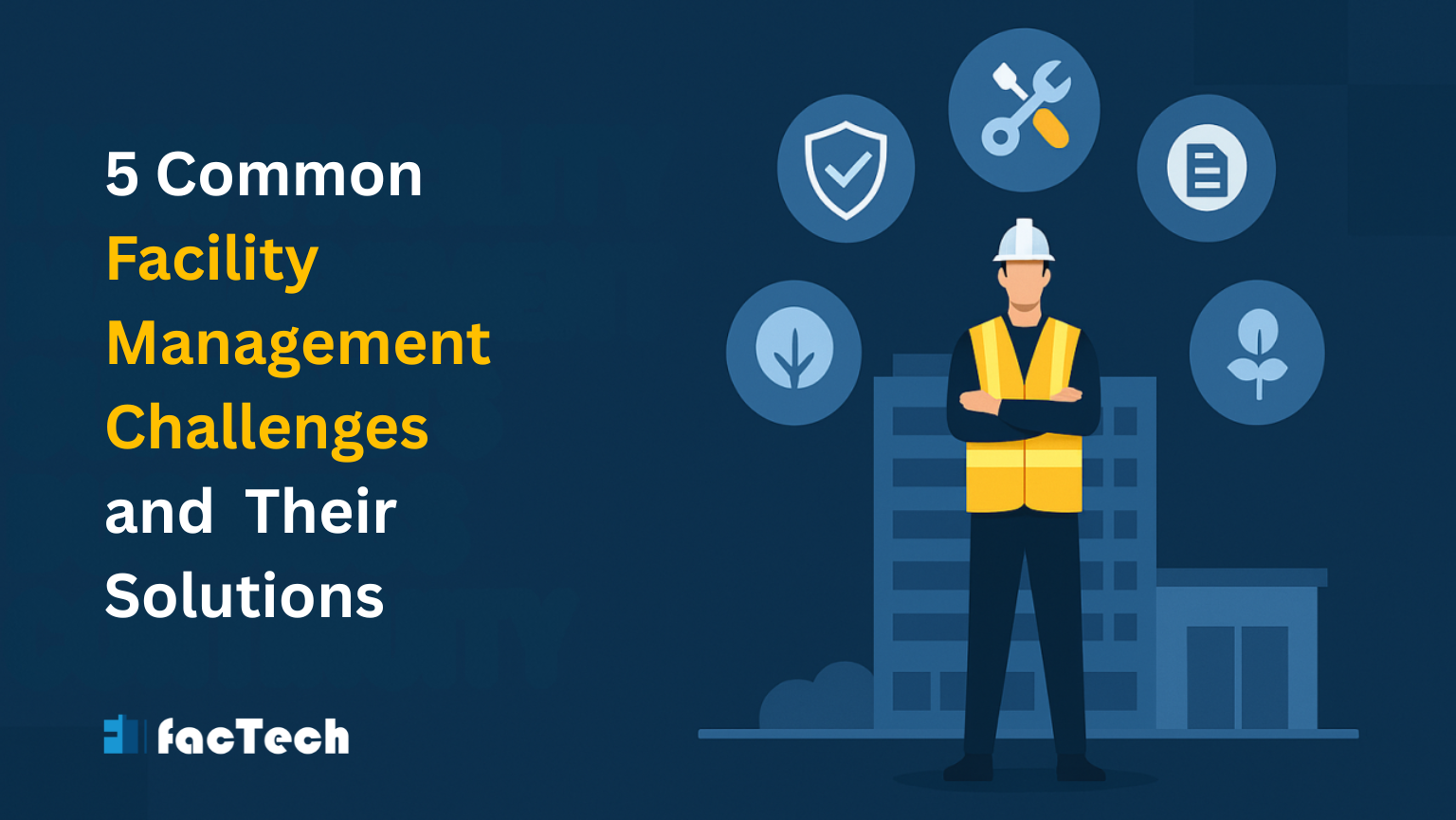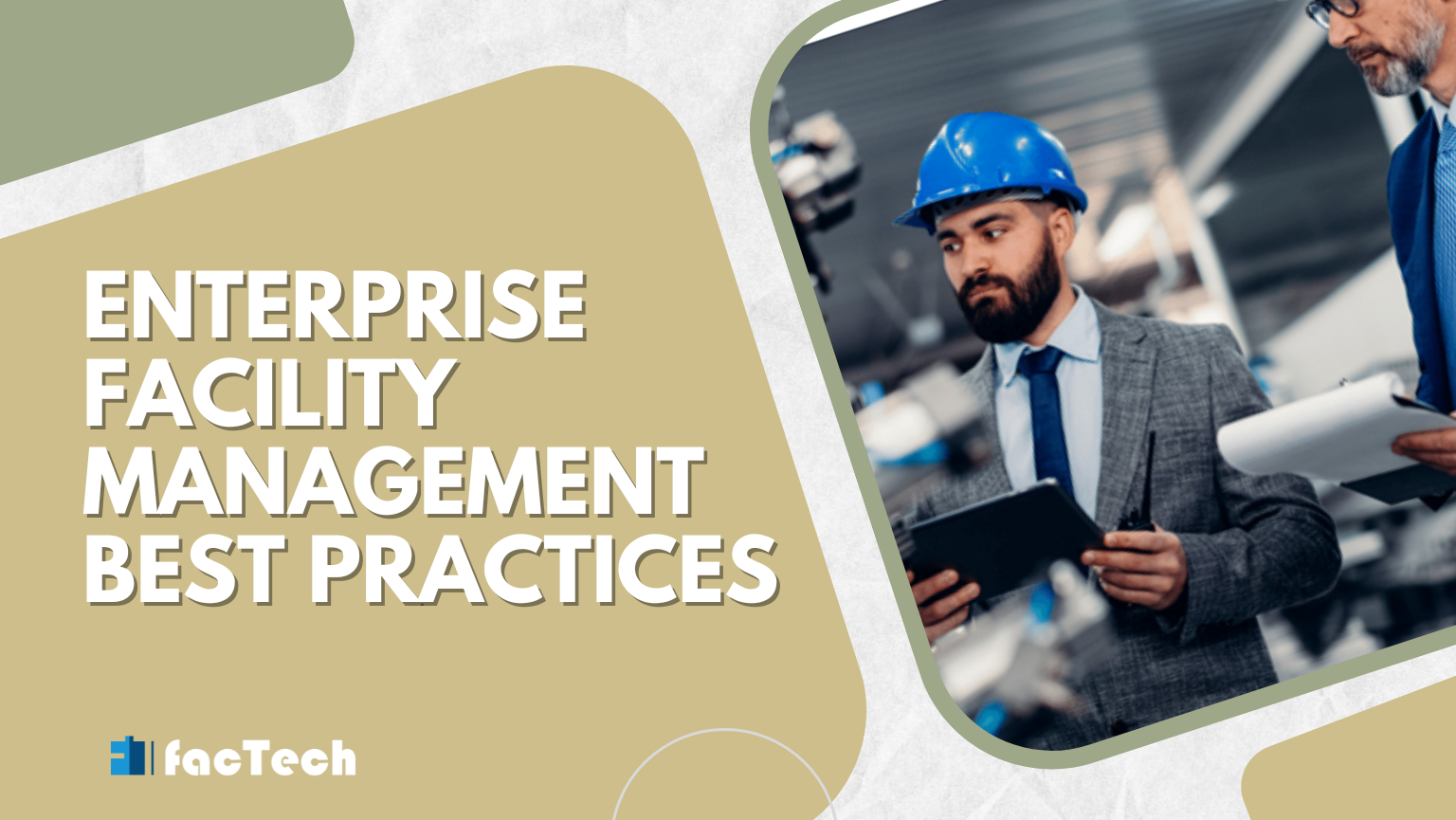Best Practices of Budget in Facility Management
Maximizing facility performance depends on proper facility management. By means of strategic allocation of resources, operational efficiency will be enhanced and guarantee that every allocation significantly contributes to the general effectiveness of the institution. Still, what makes it so crucial exactly?
First of all, proper use of your budget will help you to guarantee that your company runs cost-wise and without problems. Knowing exactly where your financial resources are going helps you to decide how best to spend them.
This simplifies procedures and helps to cut pointless expenditure as well.
Appropriate budget distribution also helps to support decision-making. A well-organized budget provides the data you need to assess several choices and select the most suitable line of action depending on the available resources.
Minimizing risk also depends much on budget preparation. Careful maintenance and repair budgeting helps you to guarantee a good experience for your in-office and hybrid workforce and reduce possible breakdowns or failures that can result in expensive emergency repairs later on.
Furthermore, good budget planning encourages management’s communication.
Through strategic budget planning, proper resource allocation helps facility managers to raise operational efficiency and guarantee the best use of the resources at hand, therefore enabling more successful achievement of company objectives.

Budgeting in Facility Management
Budgeting is about distributing money for daily running costs and maintenance. This covers utilities, repairs, and pay for facilities staff members. The aim is to guarantee seamless operations and maintain daily running efficiency of your facility.

Important Practices of Budget in FM
1. Detailed Needs Assessment:
Good financial planning is needed for good building management. Do a thorough needs analysis first to identify areas needing the highest expenditure. Utilities, cleaning, security, gardening, maintenance, and administrative expenses could all fall here. Review prior information in search of trends and determine the reason behind expenses.
2. Clearly State Objectives and Goals:
Clearly state numerical objectives for any aspect of the construction. Among the examples are a 10% energy usage reduction, a 5% equipment uptime increase, and customer satisfaction ratings improvement. Make sure the budget directly supports these objectives for accomplishment. If energy reduction is a top objective, for instance, budget money for energy-efficient renovations or buy a building automation system.
3. Create a Realistic Budget:
Start with a “zero-based” strategy, in which you defend every expenditure from scratch instead of merely stretching the budget from the past year. Sort your important needs and budget accordingly. Attend pressing maintenance problems, make preventative investments, and schedule future enhancements. Add a contingency reserve to cover unanticipated costs, including unplanned repairs or events.
4. Apply Tools and Technologies:
Install FacTech’s or another thorough facility management system. This will enable you to automatically request and approve budgets, create reports and analyze cost data, track expenses in real-time, and spot areas of cost overruns, and project future costs based on past performance. Create, monitor, and control your facility budget using specialized budgeting tools or spreadsheet applications.
5. Continuous Monitoring and Correction:
Track actual spending often in line with the planned values. List any notable differences and look at the causes. Review budgets often to evaluate how well they work and make required changes. Maintaining knowledge of industry trends, best practices, and new technology capable of lowering expenses and raising productivity will benefit you.
6. Encourage Cooperation:
Promote honest communication and cooperation amongst the FM division and other areas of the company. Key players, including building occupants and top management, should be included in the budget planning and decision-making process.
7. Emphasize Sustainability:
The Budget for sustainability projects includes HVAC systems, energy-efficient lighting, renewable energy sources, water conservation, and waste generation minimization. Think about the long-term financial savings connected to environmentally friendly living.
8. Ongoing Development:
Examine budget performance records to find areas that call for work. Compare the budget of your institution to best practices and industry averages. Teach FM employees cost-cutting strategies, budgeting concepts, and FM software application use.

Benefits of Budgeting in FM
1. Ideal Distribution of Resources
Budget planning helps companies to focus resources where they are most required, therefore guaranteeing that important maintenance needs are satisfied without waste of money on extraneous expenses.
2. Enhanced Making of Decisions
Data and analytics may enable businesses to choose investments, budget priorities, and cost-cutting strategies. From this, more sensible and effective budget allocation results.
3. Improved Fiscal Stability
By use of budgeting, businesses can actively control expenses and avoid unplanned costs or budget shortfalls. It lets one enhance risk management and financial forecasting, so fostering long-term financial stability.
4. Improve Operational Effectiveness
By means of a well-organized budget, facility managers can distribute funds for timely repairs and preventative maintenance, therefore reducing downtime and enhancing general operating efficiency. Enhanced facility performance and more customer satisfaction follow from this.
5. Better Price Control
Budgeting helps us to control facility maintenance costs. Data analysis enables businesses to identify opportunities for budget waste reduction, cost-cutting priorities, and investment prioritizing.
6. Improved Working Effectiveness
Data-driven insights in budgeting enable the best optimization of maintenance schedules, enhanced preventive maintenance planning, and simplified repair procedures. Improved general facility performance, lower downtime, and more operational efficiency follow from this.
7. Evidence-Based Decision-Making:
Data-driven decision-making in budgeting, provides concrete data and evidence to back up procedures of decision-making. This increases openness, lowers prejudice, and supports objective analysis-based confident decision-making.

FacTech: Your Partner in Software for Facility Management
FacTech sees how crucial good budgeting is to facilities management. Our all-inclusive FM system gives you the tools and understanding needed to:
Track spending in real-time.
Create thoughtful reports.
Maximize the distribution of resources.
Increase budgetary precision.
Make decisions based on data.
Contact us today to know more about how FacTech can help you in achieving your facility management goal with excellent budgeting.
Contact Us:
: +91 8448869708
: contact@factech.co.in
: 91 SpringBoard C2, Block C, Sector 1,
Noida, Uttar Pradesh 201301, India











